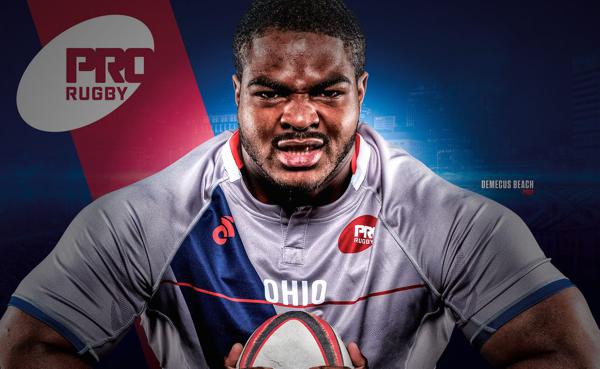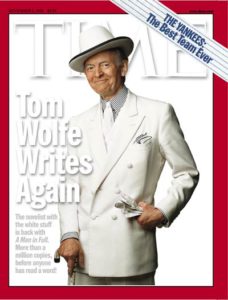 Among rugby tragics like myself, we all agree that the moment America decides to properly embrace rugby, the rest of us can pack up and go home.
Among rugby tragics like myself, we all agree that the moment America decides to properly embrace rugby, the rest of us can pack up and go home.
The country has everything going for it in a rugby sense, except for the groundswell required to make the game thrive. But that could be changing.
This New York Times magazine piece is an evocative look at one man’s quest to start a professional league in the US.
As I read it, I was struck at how it compared to Kerry Packer’s bid to hijack rugby in 1995, not in the sense of a hijacking, but in the wide-eyed innocence of it all. Plus the massive scope of trying to do so.
Our own Pedrie Wannenberg is one of the marquee players, as is former All Black Mils Muliaina.
It’s a romping read that leaves you desperately hoping that Douglas Schoninger’s romantic ideal is finally realised.
□□□
Keith Thurman is that rarest of fighters. He’s a champion boxer with charisma and deep intellect.
The American welterweight faces a tough test against Shawn Porter in New York this weekend, but he won’t be alone.
In his corner will be long-time trainer Dan Birmingham. This Boxing Scene report tracks their journey together and gives terrific insight into the unusual bond boxers and their trainers share.
□□□
Man-beast Brock Lesnar has only ever sung to one tune: his own.
The giant of the octagon, who has taken time out from Mixed Martial Arts, is making a big return at UFC 200, a lavish affair likely to break records.
Lesnar has always been a spiky personality, more at home on the farm that under the lights of Las Vegas.
He’s coming back, he says, not for the fans, but for himself.
His relationship with WWE and UFC is a strange one. This Sports Illustrated piece lays out the walking contradiction that is Lesnar.
□□□
Max Perkins is one of the great book editors and often acknowledged as the genius behind Tom Wolfe, F Scott Fitzgerald and Ernest Hemingway.
This sumptuous piece is a throwback to another time, when men like Perkins were almost as revered as the writers he worked with.
 “The first thing you must remember,” he used to say, “an editor does not add to a book. At best he serves as a handmaiden to an author.”
“The first thing you must remember,” he used to say, “an editor does not add to a book. At best he serves as a handmaiden to an author.”
It’s the perfect description of a function he perfected on his way to becoming the most famous literary editor of his time. He’s been dead almost 70 years, but the truths he espoused still ring true.
Perkins worked with everyone who was anyone, among them Alan Paton.
In one memorable set-to with Wolfe – Perkins was trying to slash a chunk of copy from Of Time and the River – he caught Wolfe fixating on a corner of his office. In the corner hung his hat and overcoat, and also a sinister rattlesnake skin.
“Aha!” Wolfe exclaimed. “The portrait of an editor!”
